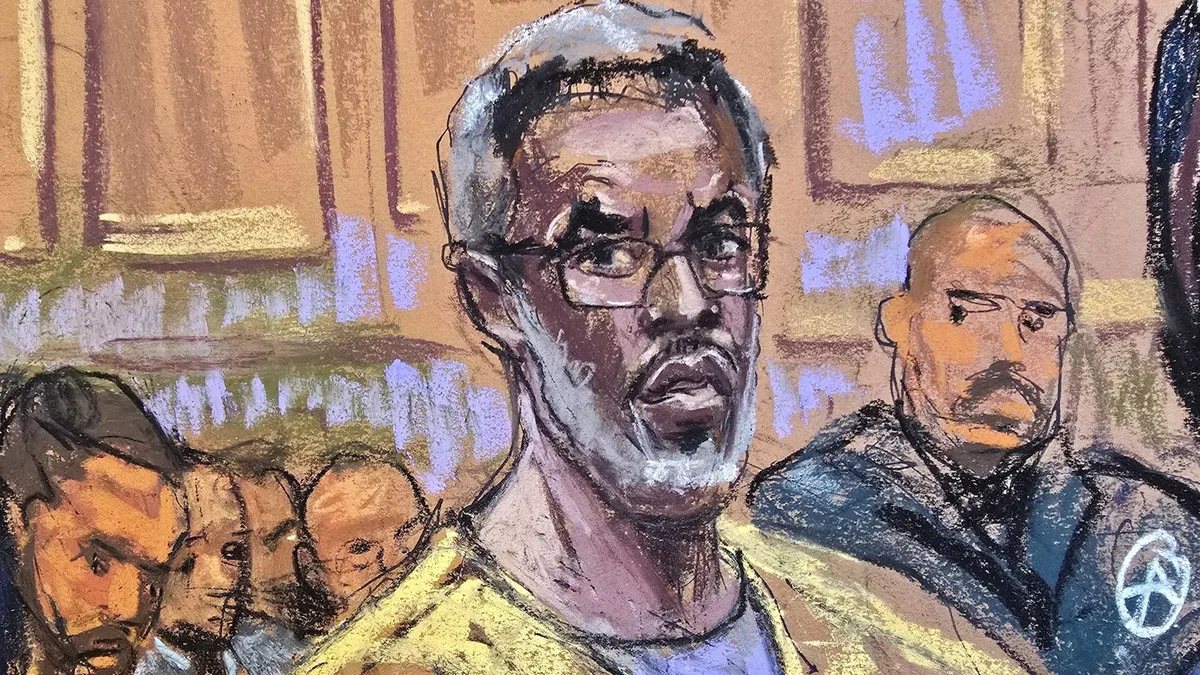
Sean Combs, the well-known music mogul, is set to be sentenced on Friday after being convicted on two counts of transportation for the purposes of prostitution. Federal prosecutors have submitted a memo to the judge, recommending that Combs receive at least 11 years in prison. They argue that despite his acquittal on more serious charges, Combs remains unrepentant and has left his victims in a state of fear.
In their argument, federal prosecutors emphasized that while Combs will not face punishment for the charges he was acquitted of, the nature of his crimes should be taken into consideration during sentencing. They contend that the recommended 11-year sentence is warranted due to the violent and abusive behavior Combs exhibited towards his victims, particularly Cassie Ventura. This includes incidents captured on hotel security camera footage, which allegedly depict Ventura being bloodied and bruised.
According to the prosecution, Combs exerted significant control over the individuals he transported, which raises serious concerns about their safety and well-being. They highlighted the physical abuse Ventura suffered throughout their relationship, a fact that Combs himself admitted during the trial. Prosecutors argue that the proposed sentence should reflect the long history of unchecked violence and the psychological, emotional, and physical damage Combs has inflicted over the years.
In contrast, Combs' defense attorneys have described the prosecutors' recommendation as draconian. They previously submitted a sentencing memo suggesting that Combs should receive a lighter sentence, essentially amounting to time served. They contend that the recommended sentence is excessively harsh, arguing that it disregards the previous verdicts and seeks to impose a severe punishment regardless of the legal outcomes.
The upcoming sentencing of Sean Combs not only highlights the serious nature of the charges against him but also raises important discussions about accountability for sexual violence and abuse. As the case unfolds, it serves as a reminder of the complexities surrounding high-profile criminal trials and the profound impact they have on victims and society as a whole.